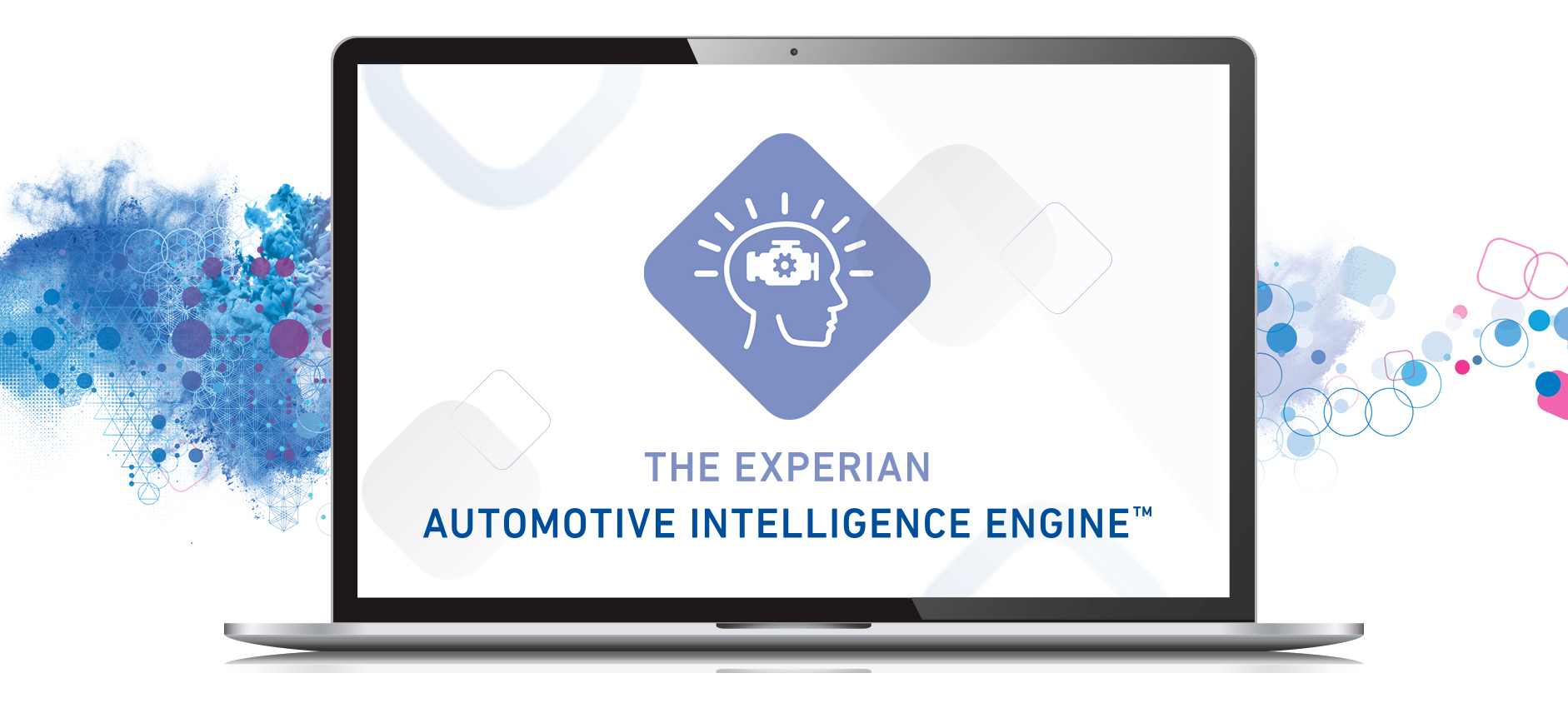
For automotive dealers, identifying in-market customers is a critical part of creating long-term success. However, without the right consumer insights, trying to plan marketing strategies can make you feel like you are flying in the dark without radar.
At Experian, we know that data is powerful, but analyzing industry-level data to bring it down to the local level requires resources that dealers don’t often have. That’s why we introduced the Automotive Intelligence Engine™, to make data more accessible to dealers through a user-friendly interface that highlights hyper-local insights to inform strategy.
What can hyper-local insights do for you?
Imagine you’re a local dealer trying to position your business to reach big-time sales success. You’ll need to have in-depth knowledge about your customers so you can stock your inventory and create marketing strategies. But if you only reference industry-level insights, finding and acting on the right trends can be an uphill battle. Instead, dealers need to be able to identify the trends within a 15-mile radius of their dealership to fully understand their potential customer base and maximize marketing spend and profits.
When a potential buyer walks into your dealership, it is easy to ask them a variety of questions like, “Looking to buy or lease?” or, “What kind of vehicle fits your lifestyle?” These questions can provide key information that can help you assess the situation, but in this scenario, the customer must find you before you know what they need.
With the abilities of the Experian Automotive Intelligence Engine, you can understand the demographics, psychographics, purchase behaviors, etc. of local customers, use the insights to refine your marketing efforts and then reach them before they ever visit your business.
Such hyper-local data allows dealers to pinpoint customer demand and determine key events that can affect a customer’s purchase decision. For example, dealers that use the tool can see how many individuals in a certain area have leases set to expire and predict that they will be in the market for a car again. Users can also track which consumers are coming into positive equity with their cars, vehicle events like accidents or repairs, as well as life events like being a new homeowner or recent empty-nester.
Industry-recognized tool presented at DrivingSales conference
Experian’s hyper-local data insights have already been making waves in the auto sales industry. One dealership saw a 10% uplift in new car market share utilizing hyper-local strategies. Additionally, the data and analytical capabilities that power Experian’s Automotive Intelligence Engine won the Most Valuable Insight Competition at the 2019 DrivingSales President’s Club. As part of this recognition, Experian Automotive presented to auto sales executives from around the country at the DrivingSales Executive Summit in Las Vegas, NV on October 8.
At the onset, leveraging data to inform strategy can seem like a daunting task—but it doesn’t need to be. Knowing how to use the right tools to pull the right data is essential to maximizing marketing spend, and ultimately, profits. To learn more about the Automotive Intelligence Engine, visit our website.


